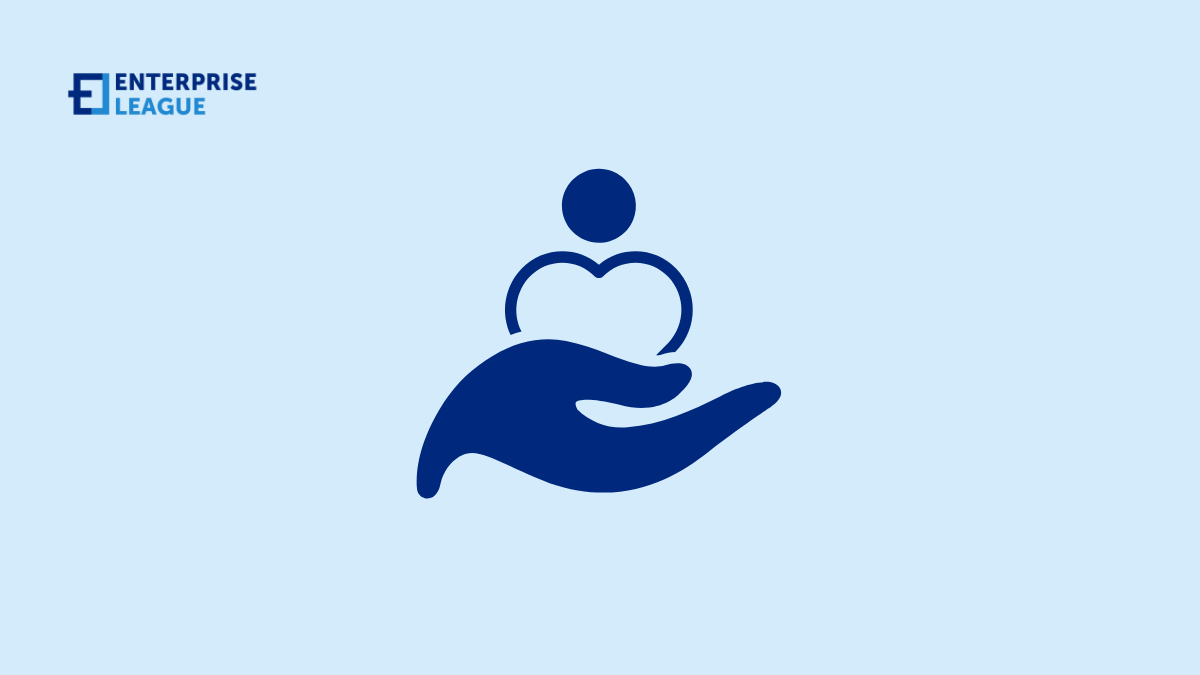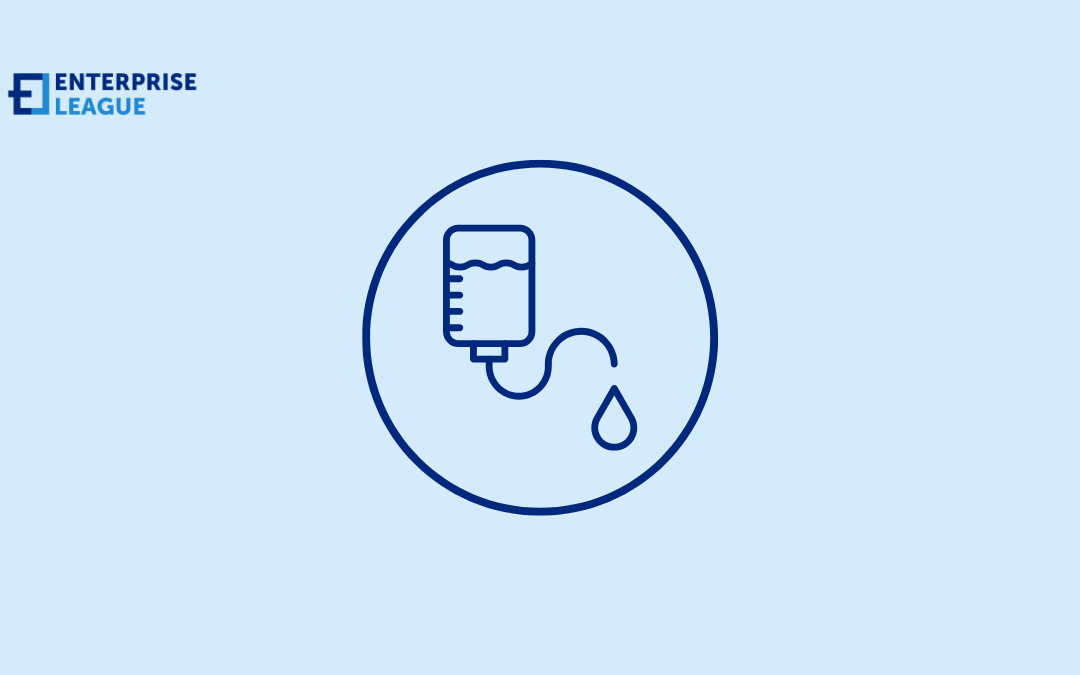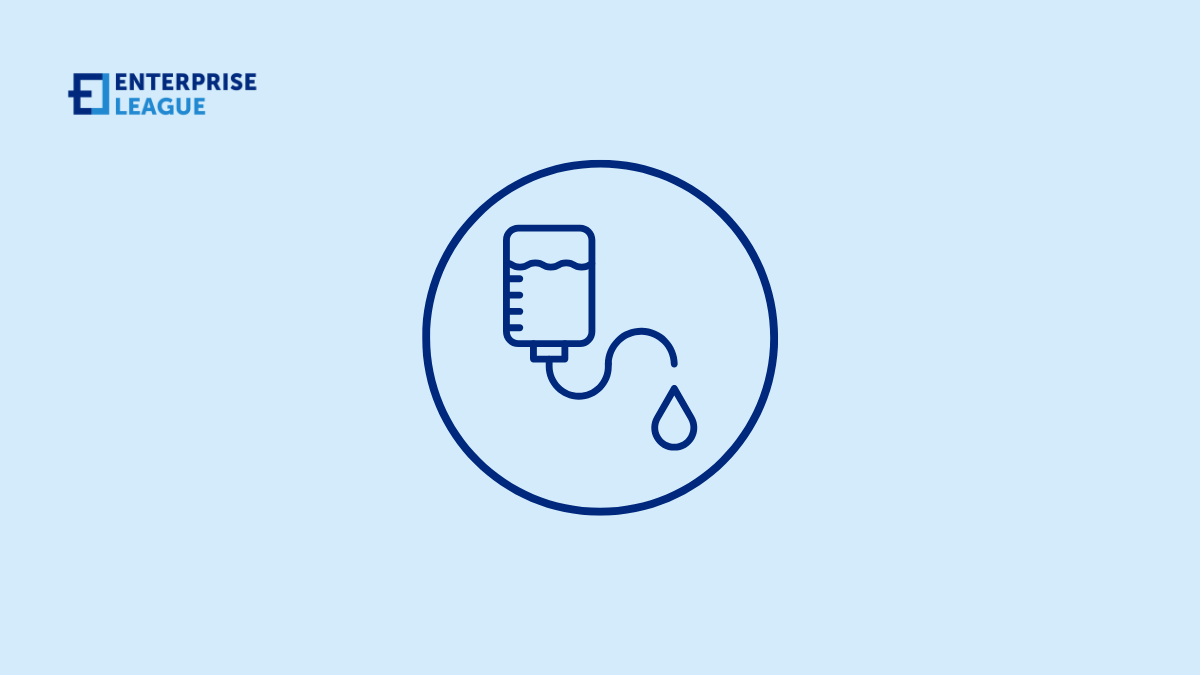In the legal sector, digital visibility is the primary determinant of case volume. For attorneys, implementing a specialized SEO service for Law Firm website is a fundamental requirement for operational stability. Generalist marketing strategies frequently fail in...
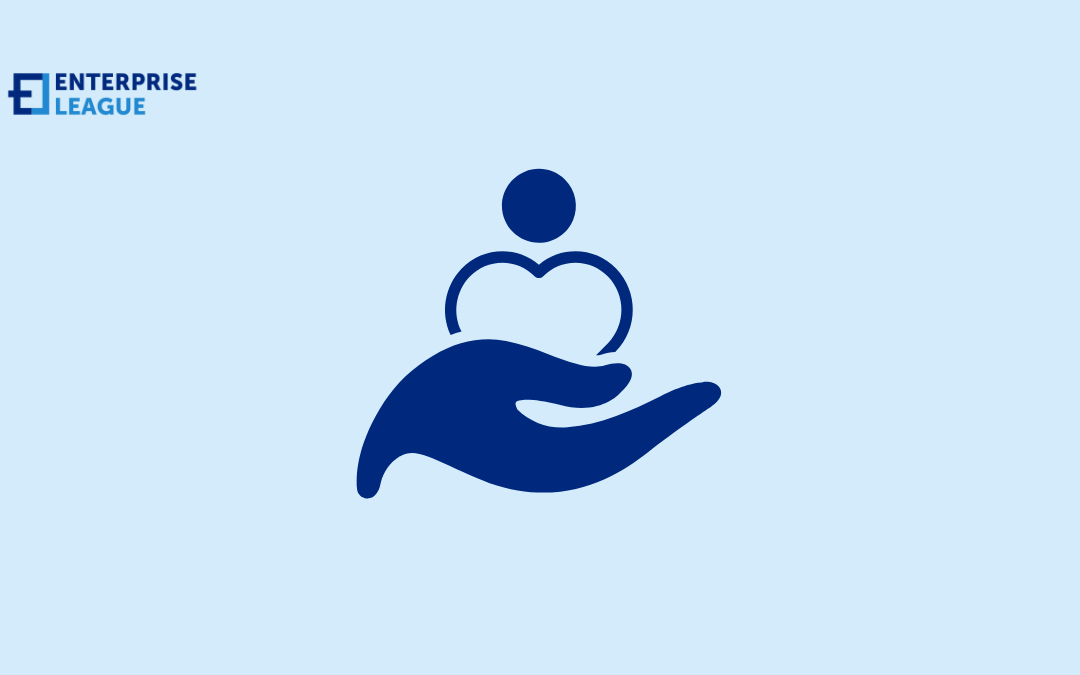
How can I find caregivers with flexible scheduling options?
You may have been caring for your elderly family member, but life changes and you may have to move to a smaller property, so you can’t be there to care for all their needs. If only you had a little help when you needed to do demanding tasks like housekeeping and laundry, not to mention the labor of bathing your loved one.
Even older people who still live independently require assistance with tasks like shopping, driving, and doctor’s appointments. A flexible carer who is there when needed can make all the difference. But you probably wonder, “How can I find caregivers with flexible scheduling options?” Let’s find out.
What are flexible scheduling options and why they matter
A carer with a flexible schedule can adjust their working hours according to your changing needs, optimize their services, and ensure you have help when needed most. These flexible options allow you only to use the time and service you need, which also cuts costs and helps ease your loved senior into embracing care.
Statistically, 75% of U.S. seniors prefer to age in place in their homes, which makes starting with a flexible carer schedule an ideal introduction to enhanced safety and support. Your aging parent has most likely said they don’t have enough need for a full-time carer, and this flexible option is less intrusive and much more beneficial to everyone involved.
Top 10 caregivers with flexible scheduling options
While you may have many different caregiver companies available in your area, finding one flexible enough to suit your needs can be challenging. Fortunately, these are some of the most flexible options to consider when seeking help for your aging parent, loved one or yourself, so no more wondering about “How can I find caregivers with flexible scheduling options?”
Village caregiving
With 10 years of caring and compassionate service behind its name, Village Caregiving extends warm, family-type care to those the trained staff aid. The focus on customization allows clients to pick the tasks they require assistance with and schedule a time that suits them. Select from flexible booking options during the day, at night or after hours.
Consider the respite relief option, a favorite among family caretakers who need a break and want to be sure someone competent and caring is in charge of their elderly loved one while they get away and recharge. The one-set-fee model means you’ll always know what you pay for surprise-free billing.
- Flexible care options: Pay hourly with twice-monthly billing; No contracts; Customize schedule any day; Book directly through managing nurse
- Services provided: Personal care (hygiene, dressing); Walking and transportation assistance; Medication reminders; Companionship
- Services not offered: Fall prevention guarantees; Emergency support; Forced feeding/hydration
- Best for: Family-owned business with a community focus, not a franchise
Care
Incorporated in 2007, Care provides an extensive online marketplace connecting families with qualified caregivers. The company emphasizes trust, safety, and convenience while offering home-based help that covers many needs.
Its user-friendly platform features thorough background checks and detailed profiles that help you match with a caregiver who fits your specific schedule. Care’s expansive network caters to clients seeking regular and on-demand home help, depending on the individual skills of their registered carers.
-
- Flexibility options: Book as-needed; Customizable plans for family routines; Backup for schedule changes
- Services offered: Personal care (errands, meals, hygiene); Light housekeeping and laundry; Memory assistance and special equipment use
- Services not offered: Medical care; Overnight stay-in options
- Best for: Easy online booking of screened, trained professionals for specific tasks
Visiting Angels
Since its establishment in 1998, Visiting Angels has grown into a nationally recognized provider of non-medical home help. The organization maintains a strong community presence through independently owned franchises in North America, the U.K., Mexico and Canada. Its core values include dignity, compassion and personalized service.
Visiting Angels tailors care to each client’s routine, ensuring that help is available without overwhelming your loved one’s established lifestyle.
- Flexibility options: Customized daily scheduling; Part-time, full-time or on-call options; Rapid response for unexpected needs
- Services offered: Personal care (hygiene, dressing, meals, errands, housekeeping); Respite breaks for primary caregivers; Companionship and transportation
- Services not offered: Medical treatment administration
- Best for: Compassionate, personalized care with flexible scheduling and focus on maintaining client dignity
Home instead senior care
Initially founded in 1994 and headquartered in Omaha, Nebraska, Home Instead Senior Care enhances seniors’ quality of life through personalized, in-home care. The organization emphasizes compassion, respect and the promotion of independence.
With a network of dedicated caregivers, Home Instead creates tailored plans designed to meet the evolving needs of each client. Home-based aid supports seniors in their own environment, allowing them to maintain familiar routines while receiving the required assistance.
- Flexibility options: Customizable individual plans; Live-in, part-time or on-demand care; Flexible visit durations
- Services offered: Personal assistance (bathing, grooming, meals); Basic medical care (medication reminders, glucose checks, wound care); Companionship for social interaction
- Services not offered: In-home medical procedures; 24/7 intensive medical care
- Best for: Basic medical assistance with integrated support network
Bright star care
Since its founding in 2002, BrightStar Care has built a reputation for compassionate assistance that strives to set industry standards. The company combines technology and quality oversight in-home care. Its focus on innovation ensures caregivers meet high standards and adapt quickly to changing client requirements.
BrightStar Care offers comprehensive home-based help to support non-medical needs and basic healthcare assistance. This dual approach ensures that every client receives thorough, compassionate support.
- Flexibility options: Adjustable scheduling for unpredictable needs; On-demand visits with easy rescheduling; Short-term recovery packages
- Services offered: Personal care (hygiene, grooming, mobility); Companion support (housekeeping, transportation); Skilled medical care (IV treatments, wound care, catheter maintenance)
- Services not offered: Hospital-grade medical procedures; In-home nursing in certain states
- Best for: Award-winning service recognized by the Joint Commission’s Enterprise Champion for Quality
Right at home
Since 1995, Right at Home has offered personalized, in-home support for seniors and individuals with disabilities. The company provides dedicated support that enhances independence and improves quality of life.
With an emphasis on customer service, Right at Home builds care plans that adapt as needs change. Locally managed teams ensure that help is consistent and personalized. This approach builds trust and reliability among families seeking flexible, home-based assistance.
- Flexibility options: Customizable schedules; Hourly, part-time or full-time care; On-call urgent support
- Services offered: Mobility and hygiene assistance; Housekeeping, shopping and transportation; Specialized care for Alzheimer’s, diabetes and Parkinson’s
- Services not offered: Advanced care techniques may be unavailable in remote areas
- Best for: Personalized scheduling that helps seniors stay independent in their homes
Comfort Keepers
After its establishment in 1998, Comfort Keepers expanded to include 700 offices in 12 countries. The organization is dedicated to improving the quality of life for seniors through personalized home help. It emphasizes innovative programs and rigorous caregiver training to ensure high-quality support.
The help products empower clients while preserving independence and dignity. Comfort Keepers offers flexible schedules that adapt to each client’s specific routines and emergencies. The compassionate approach ensures that help is available without disrupting a senior’s daily life.
- Flexibility options: Adaptable schedules matching client routines; Customizable visit durations; Emergency backup available
- Services offered: Personal care (hygiene, mobility, medication reminders); Companionship (activities, meal prep, light housekeeping); Safety monitoring between visits
- Services not offered: Medical treatments; Long-term residential care
- Best for: Independence-focused home care; Supporting clients to stay safely in their own homes
Assisting hands home care
Focusing on a broad range of non-medical home care, Right at Home emphasizes compassionate, client-focused help to help seniors maintain independence while receiving tailored support.
Operating through a network of locally owned franchises, Assisting Hands builds plans that are flexible enough to accommodate sudden changes. The company’s mission centers on integrity, respect and the belief that every client deserves customized assistance to meet daily challenges.
- Flexibility options: Flexible scheduling with on-demand visits; Customizable evolving plans; Emergency backup available
- Services offered: Personal care (hygiene, grooming, housekeeping); Transportation to appointments; Home safety evaluations
- Services not offered: Some nursing services are unavailable at certain locations
- Best for: Qualified, bonded, insured staff at competitive rates
First light home care
Through its dedication to building client relationships, First Light Home Care offers nurturing, personalized support for seniors and individuals with disabilities. The company builds its reputation on warmth, respect and the ability to adapt services to meet changing needs.
First Light’s caregivers undergo rigorous training to ensure every visit is marked by professionalism and empathy. The flexible scheduling model allows you to adjust requirements based on daily routines, ensuring that help is available when most needed without compromising personal independence.
- Flexible scheduling: Adjustable schedules; On-demand for emergencies; Custom visit durations
- Personal care: Bathing/hygiene; Mobility/transfer help; Incontinence management
- Home support: Household chores; Shopping; Meal preparation
- Dementia care: Specialized calming and encouraging assistance
- Limited services: Some skilled nursing unavailable without local registered nurse
- Disability support: Specialized companionship; Empathic conversation; Safety focus
ComForCare
A final option is ComForCare, which is dedicated to enhancing the quality of life for seniors by providing personalized in-home care that’s as flexible as their changing needs. By focusing on compassion and respect, ComForCare offers services designed to support independence and well-being.
Tailor-made packages evolve with changing client needs and the service matches carers according to their compatibility with the client.
- Flexibility options: 24/7 care including after hours; In-home monitoring between visits for safety
- Services offered: Personal assistance (companionship, transportation, housekeeping); Dementia memory support; Customized disability management
- Services not offered: Some nursing services where registered nurses are unavailable
- Best for: Transitioning between in-home care and assisted living
How can flexible scheduling benefit my family?
Flexible scheduling lets you tailor services to your specific routines, such as when you need a carer for transportation or shopping trips. This approach reduces costs because you only pay for the time you need care and ensures that help is available during critical times, such as emergencies or when requiring specialized help.
Are home-based services as reliable as in-facility care?
Many home-based care providers maintain rigorous training standards and personalized plans. While they don’t always offer intensive medical aid, they excel at supporting daily tasks like grooming and hygiene while maintaining their client’s independence. It’s an ideal option for families who prefer care in a familiar environment.
Conclusion
A caregiver with a flexible schedule is crucial when managing a loved one’s evolving needs. The providers detailed above have a track record of personalized, dependable programs that adapt to your family’s routine. Selecting one of these can solve your challenge of “How can I find caregivers with flexible scheduling options?” Whether you need part-time support or on-call assistance, each company emphasizes safety, quality and a tailored approach that blends seamlessly with your daily routines.
With flexible scheduling, you can adjust it as your circumstances change, ensuring your loved one receives the help they need and still maintains their independence. Evaluate each service provider’s unique offerings and strengths. Choose one that’s practical, flexible and respects the dignity and individuality of your senior family member. A thoughtful approach ensures peace of mind during transition times and reinforces the importance of compassionate care.
More must-read stories from Enterprise League:
- Getting your product in stores doesn’t have to be complicated.
- Things to consider before deciding on a business location.
- Engaging online networking events that you should not miss.
- Tactics for using TikTok marketing for your small business successfully.
- Find out all the things that make messy people smarter.
Related Articles
Top 7 SEO Services for Law Firm Websites
Transportation Management Software Development: Streamlining Logistics for the Modern World
In the age of global logistics and digital transformation, traditional methods of managing transportation no longer suffice. Managing fleets, drivers, shipments, and delivery timelines manually leads to inefficiency and lost revenue. This is where Transportation...
What a Modern B2B Lead Generation System Looks Like in 2025
The best business-to-business teams in 2025 don't see "getting leads" as one trick or one tool. They use a complete system that takes real signals from the market and quickly turns them into good sales opportunities, with speed, accuracy, and trust, making their...
What are the best fire hydrant suppliers? Here are 5 options for Louisiana municipalities
Fire hydrants are among the most visible, yet often underappreciated, elements of municipal infrastructure. In emergencies, properly functioning hydrants directly impact how effectively firefighters can control blazes, protecting lives, homes, businesses and public...
Best 1800 Number Providers In Australia
If you're operating a business in Australia, it's in your best interest to invest in the right tools to give you an advantage in your respective field. One tool that many local entrepreneurs often overlook is a business number, particularly an 1800 number. 1800...

